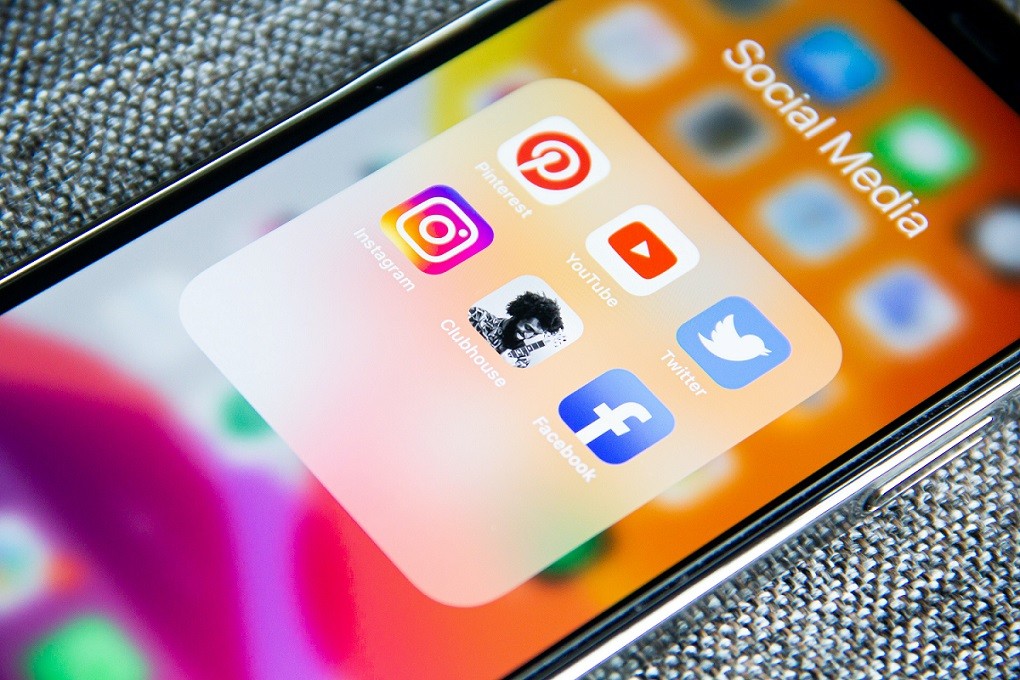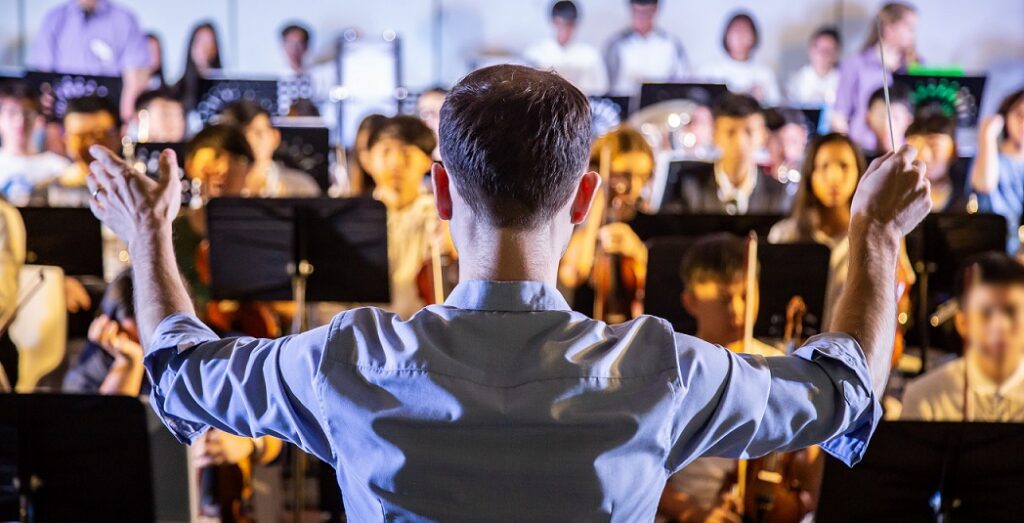Tagged Under:
5 Minor Assets to Running a Successful Music Program
While not essential to the teaching of music, these five minor assets are integral to running an effective music program.
In the article, “5 Major Assets of Teaching Instrumental Music,” I discuss the five major non-negotiable assets of band — students, instruments, facilities, literature and time. Here, I will go over five minor assets to teaching music.
These are not essential to the teaching of music, but they are integral to running an effective music program in a school environment.
Minor Asset #1: Administrators
 Some say, “Those who can’t, teach. Those who can’t teach, administrate.” While there may be a small amount of truth to this statement, the inescapable truth is this — your administrators are charged with making important decisions that will affect your band program. Decisions about funding, calendar dates, use of facilities, grading and discipline, among other things.
Some say, “Those who can’t, teach. Those who can’t teach, administrate.” While there may be a small amount of truth to this statement, the inescapable truth is this — your administrators are charged with making important decisions that will affect your band program. Decisions about funding, calendar dates, use of facilities, grading and discipline, among other things.
Your challenge in creating an asset out of your administrators is to be of value to your administrators. Do you only see your admin when there is a problem, or are you often the one with solutions? Do you share an interest in their projects that, while not directly affecting your program, might benefit others on your campus?
If you show your value to your administrator, you are more likely to be in a position to bargain for things that matter to you and your program. Maintain positive and helpful relationships with your administrators and make them assets to your program.
Minor Asset #2: Staff
My mother wasn’t wrong when she told me, “Get to know the principal’s secretary, the custodian and the cafeteria manager.”
In a similar manner to admins, other teachers and site and district staff are often your best asset when looking for information, answers or resources. By creating relationships and taking an active interest in their programs, you will build bridges of trust and support that you (and your program) can rely on.
 At my school, as in many, the principal’s secretary is really the one running the show. She handles all of the forms, requisitions, work orders, substitute coverage, etc. When I’m prompt with my paperwork, she is in a better position to help me. Furthermore, when I show that I value what she does for the school, she is more likely to offer assistance to me when needed.
At my school, as in many, the principal’s secretary is really the one running the show. She handles all of the forms, requisitions, work orders, substitute coverage, etc. When I’m prompt with my paperwork, she is in a better position to help me. Furthermore, when I show that I value what she does for the school, she is more likely to offer assistance to me when needed.
The custodians are just that — the keepers of our kingdom. There will be many times when we require access to areas and items that might not be within our realm. When our band kids help set up for events, and parents help our custodial staff in the tear down afterward, we create a collegial bond with our custodians. As a result, when we need their assistance, they are ready and willing to help out.
Find educational and social support among colleagues in your area and create a network where the useful exchange of ideas and mentoring can take place.
 Minor Asset #3: Parents and Parent Groups
Minor Asset #3: Parents and Parent Groups
You are on the same side as your students’ parents when it comes to raising children — they just might not know it yet. Take an active interest in benefitting every child and listen to what parents say they need, and you are on the road to establishing yourself as an asset to them — and vice versa. When parents know that you care about their child, they will become your greatest champion and asset to you and your band program.
Form a large group of these parents, and you have a formidable force to reckon with (and a very squeaky wheel when grease is needed)!
Minor Asset #4: Community
Being visible in your community is one of the best ways to build recognition for your program. Do the kindergarten and 1st-grade parents even know your program exists? Make sure they do by being visible in your community, whether it is through public performances, visiting feeder schools, holding informational gatherings or via social media. Establish a positive relationship with the staff and administration at your feeder schools by finding out first what their needs might be, and perhaps offering to meet some of those needs. Do they need music for a ceremony, musical examples for general music classes or musicians to accompany a performance?
Also, get to know the staff at your civic or community center in charge of facilities and events, and get yourself on the mailing list for community newsletters and the like if you don’t live in your school’s community. By becoming visible and involved in your community, you may also become aware of other community groups, clubs and organizations that might be in a position to support your program. Your community is a huge asset. Always talk about the band program as “your band” when addressing the community, and you’ll be thought of as a representative for them.
Minor Asset #5: Social Media
 Finally, don’t underestimate the value of social media and its ability to send out a positive message. By the same token, recognize the vulnerability you can create by taking sides in a public forum. Use social media as an asset to spread news and positive information about your program. Keep your personal views on your personal page, and even that is questionable if you want to be seen in the most positive light by all of your community.
Finally, don’t underestimate the value of social media and its ability to send out a positive message. By the same token, recognize the vulnerability you can create by taking sides in a public forum. Use social media as an asset to spread news and positive information about your program. Keep your personal views on your personal page, and even that is questionable if you want to be seen in the most positive light by all of your community.
The Visual and Performing Arts department at our school and district level maintain an active Instagram account to display student accomplishments and promote events. Student-driven promotion of your band through their personal testimony can be one of the strongest recruitment tools, so don’t miss an opportunity to let your students speak for your program.
















